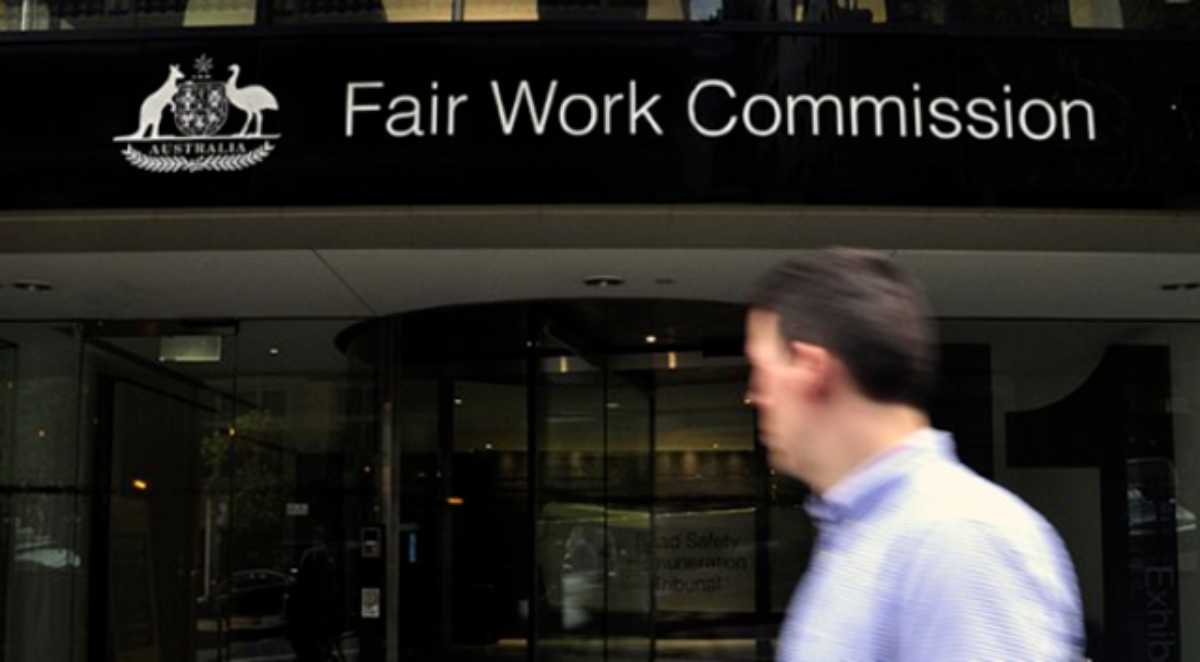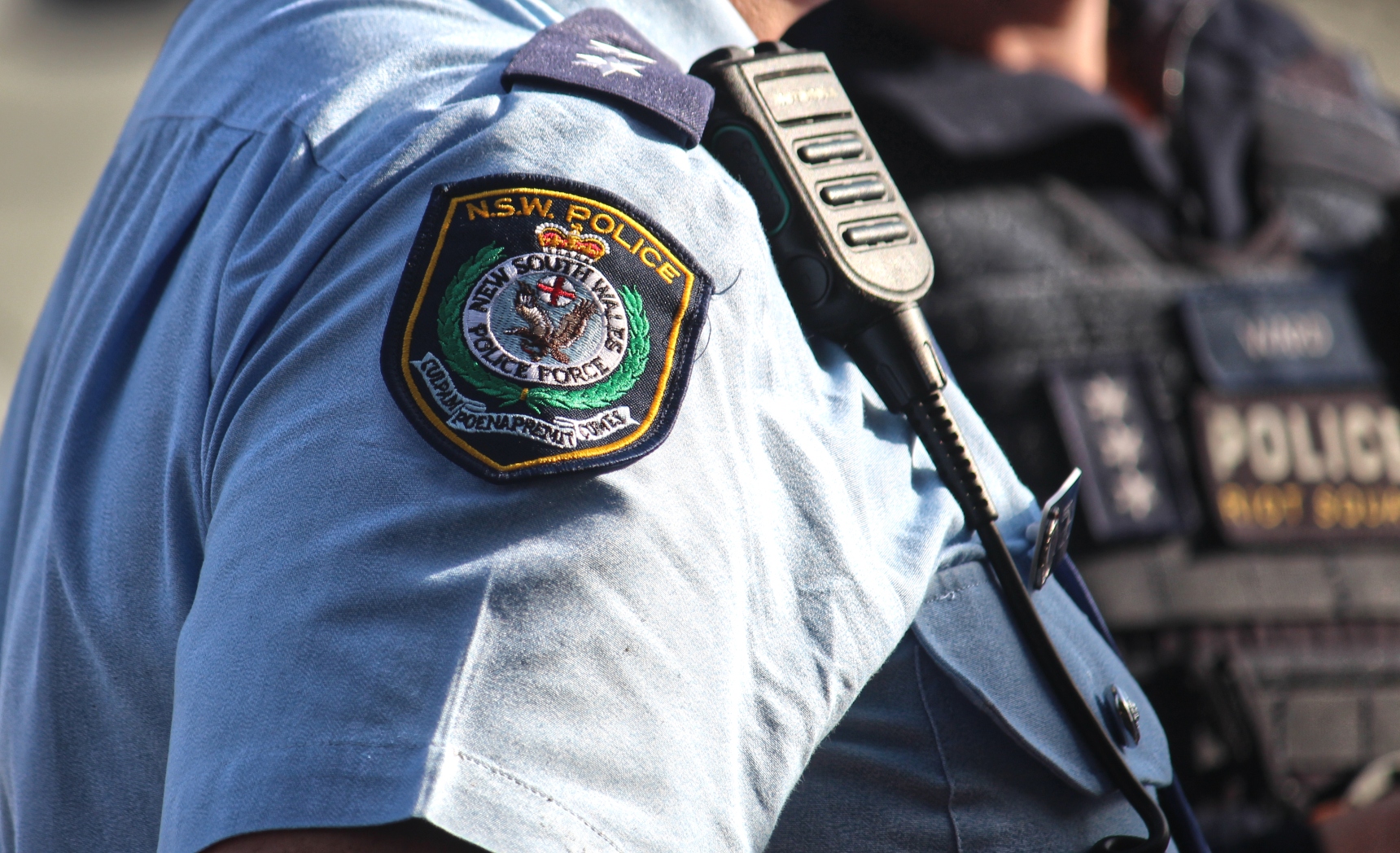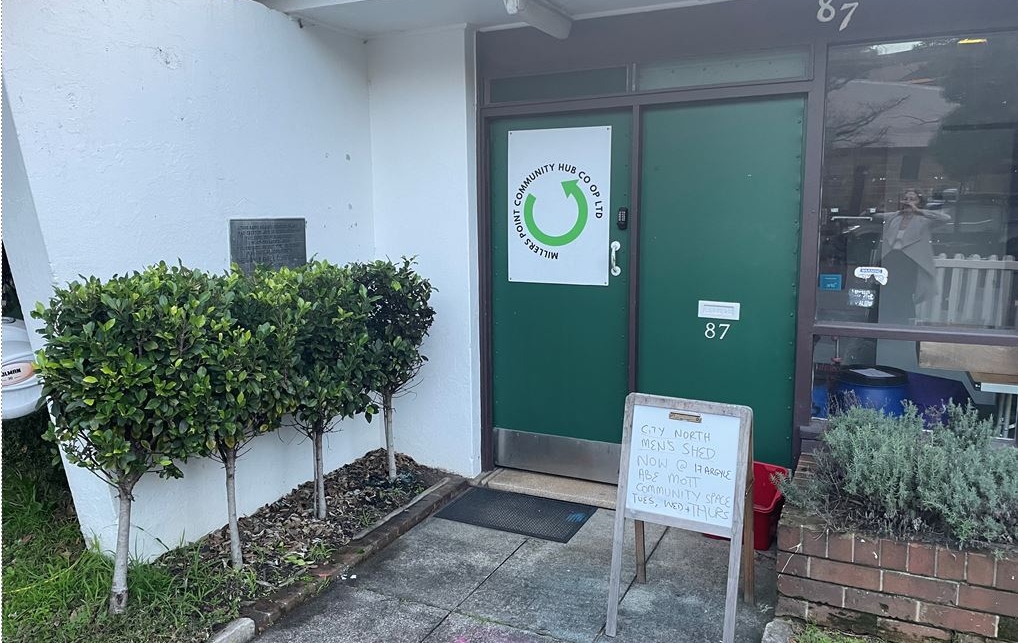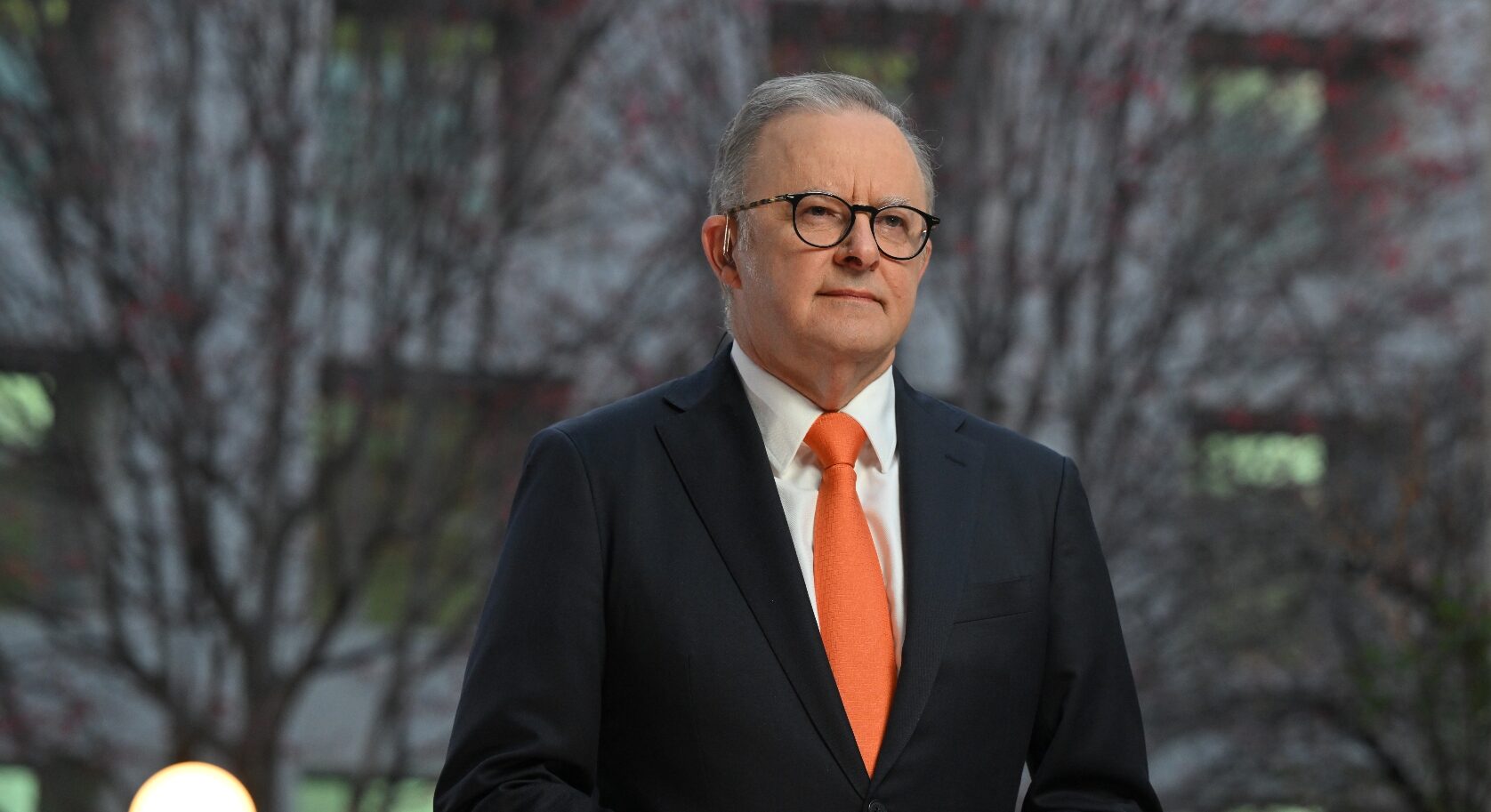

Image: Image: Wikimedia Commons
By CHRISTINE LAI
The Fair Work Commission has announced a 5.75 percent pay rise for both the national minimum wage and the award minimum wage following the workplace tribunal’s annual minimum wage review.
Minimum wage workers will see their wages lifted from $21.38 an hour to $22.61, or $859.32 per week.
In this year’s annual wage review, the Fair Work Commission noted that currently only about 0.7 percent of Australian employees are paid the National Minimum Wage and approximately 20.5 percent of Australian employees are paid in accordance with minimum wage rates in modern awards.
With the announcement, around 2.7 million workers, which make up a quarter of Australia’s workforce, will be affected by the changes.
There are 121 modern awards which apply to employees in the national industrial relations system in various industries and occupations and a small number of modern enterprise awards which apply to specific business enterprises.
Despite this year’s national minimum wage increase being higher than last year’s 5.2 percent, Fair Work Commission president Justice Adam Hatcher, admitted that this would not maintain the true value of minimum wage due to continued inflation.
Hatcher stated that the increase was “the most that could be reasonably justified.”
“In the medium to long-term, it is desirable that modern award minimum wages maintain their real value and increase in line with the trend rate of national productivity growth,” he said.
The Fair Work Commission’s announcement of their annual wage review also stated that the total wages of “modern award-reliant workers” constituted a limited proportion of the national wage bill, and that the tribunal was “confident” that the increase in the national minimum and award wages would not result in a wage-spiral.










